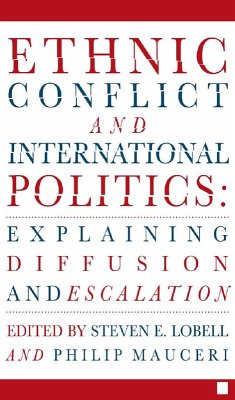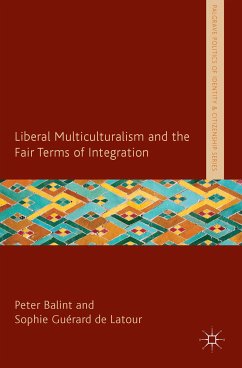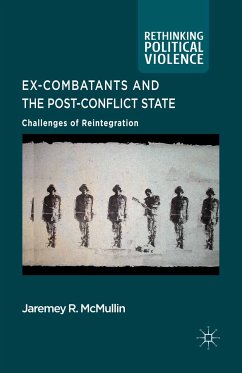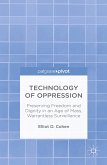Dieser Download kann aus rechtlichen Gründen nur mit Rechnungsadresse in A, B, BG, CY, CZ, D, DK, EW, E, FIN, F, GR, HR, H, IRL, I, LT, L, LR, M, NL, PL, P, R, S, SLO, SK ausgeliefert werden.
"This book is a refreshing and powerful application of international relations theory to cross-border ethnic conflicts, effectively examining the diffusion of ethnic conflicts from one state to another and the escalation of ethnic conflicts within the state. The clear presentation of theoretical concepts combined with the case studies selected from Europe, Latin America, the Middle East and Africa enhance the usefulness of this volume in the classroom." - Sandra Joireman, Wheaton College









